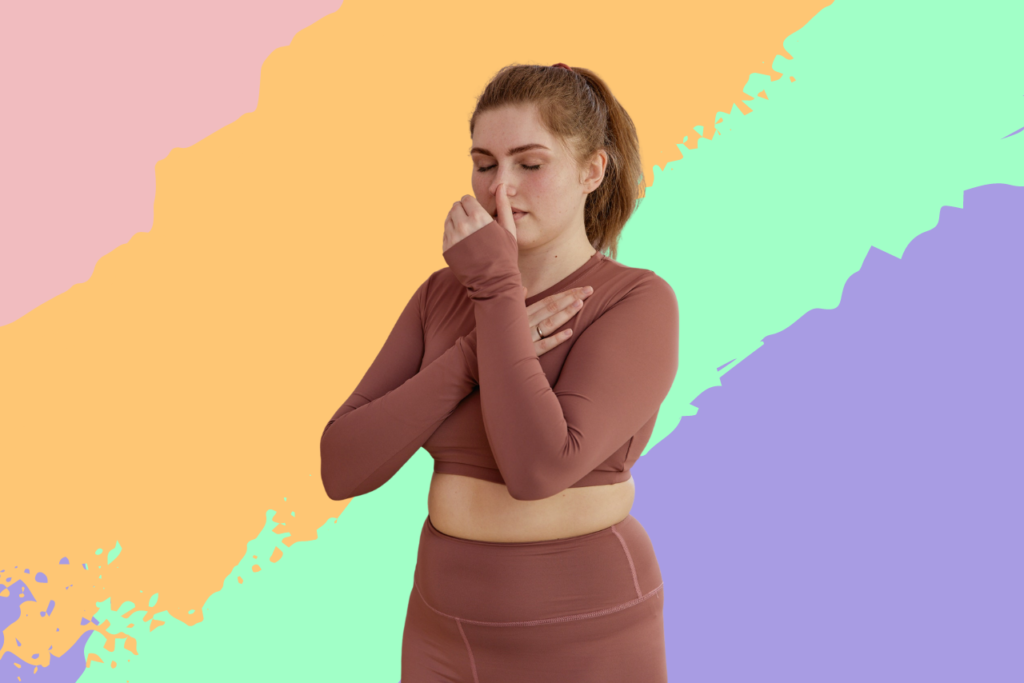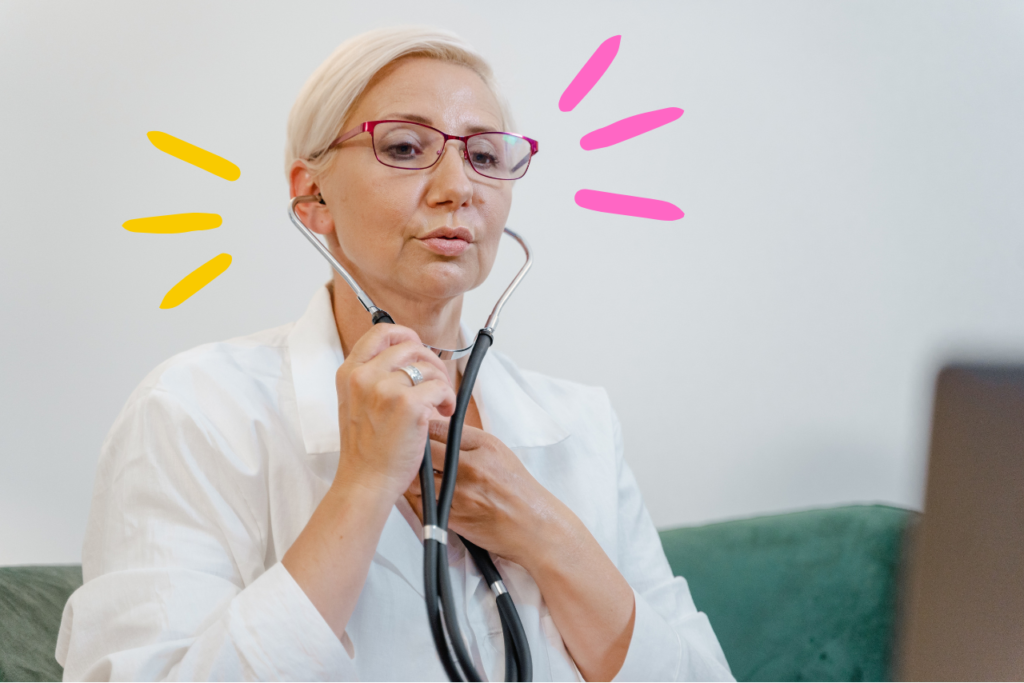Did you know that the average person takes around 20’000 breaths every single day? That’s around 400 million by the time you’re 50, and every single one counts, a fact that’s only been brought into sharper focus as we navigate a global respiratory pandemic.
Fortunately, there are simple lifestyle changes you can make and items you can invest in to make sure you’re breathing easy. If you’re keen to keep your lungs healthy, then you’ve come to the right place for advice on doing just that.
Exercise Regularly
One of the best things you can do for your lungs is to exercise regularly. Exercise helps to improve lung function and can also reduce your risk of developing lung disease, so make sure to get moving and get your heart rate up for at least 30 minutes a day.
You can also try some specific exercises that are designed to improve lung function, such as deep breathing exercises, meditation and yoga.

Stop Smoking Cigarettes & Vapes
A little presumptuous, we realise, but this is, quite simply, the most important tip on the list. If you smoke cigarettes, now is the time to stop. Smoking is the leading cause of lung disease overall, so it’s important to quit if you want to keep your lungs healthy.
There are many resources available to help you quit smoking, so make sure to take advantage of them. There are also a number of alternative treatments available that can help you kick the habit for good.
Reduce Your Exposure To Air Pollution Where Possible
Another important way to keep your lungs healthy is to – where possible – reduce your exposure to air pollution. Air pollution can come from a number of sources, including car exhausts, industry, and even household cleaning products. If you live in an area with high levels of air pollution, it’s important to take steps to protect your lungs.
This can include wearing a mask or air filter when you’re outside, remaining indoors when the Daily Air Quality Index indicates levels are particularly high, and limiting high exertion activities, such as exercise, when near air pollution sources.
Clean The Air In Your Home
Another way to keep your lungs healthy is to clean the air in your home. This can be done by opening windows and doors to let fresh air in. You can also try using natural cleaning products, which emit fewer pollutants into the air. For example, consider using vinegar and water to clean your floors instead of chemical cleaners.
You can also keep the air in your home cleaner by deploying air purifiers, humidifiers, and even nebulizers, in cases of asthma, the latter of which, according to Save Rite Medical, who run a one-stop-shop for respiratory care supplies, is of particular benefit to ‘’anyone who is unable to breathe deeply enough for an inhaler.’’
Get Regular Checkups
Another great way to keep your lungs healthy is to get regular checkups. This way, you can catch any problems early and get treatment before they become serious.
Be sure to let your doctor know if you have any concerns about your lung health. They can help you develop a plan to keep your lungs healthy and make sure you’re on the right track.

Nutrition
Eating a healthy diet is also important in keeping your lungs healthy. As the American Lung Association explain, getting plenty of Vitamin D and E is especially vital to lung health, the former of which ”plays an important role in boosting immune system responses and helps to reduce airway inflammation’’, whilst the latter ‘’contains a chemical compound called tocopherol, which may decrease the risk of some asthma symptoms like coughing or wheezing’’.
Get Plenty Of Rest
Just as with every organ, your lungs need time to recover and heal, so make sure you’re getting enough sleep to promote that healing. If you have trouble sleeping, there are a number of natural remedies that can help you get the rest you need. For instance, try drinking chamomile tea before bed or using a diffuser with lavender oil in your bedroom. Or, try reading a book or taking a bath to relax before bed. For more tips on how best to promote quality sleep, check out our article here.
The Bottom Line
If you have any concerns about your lung health, be sure to see your doctor for a checkup, who can then advise you on the best course of action. Now, breathe…
*This article is not intended to replace medical advice, diagnosis or treatment given by a qualified mental health professional. Instead, this article only provides information, not advice. For any medical enquiries, always consult your GP first*





